What is organic farming and what are the types and benefits?
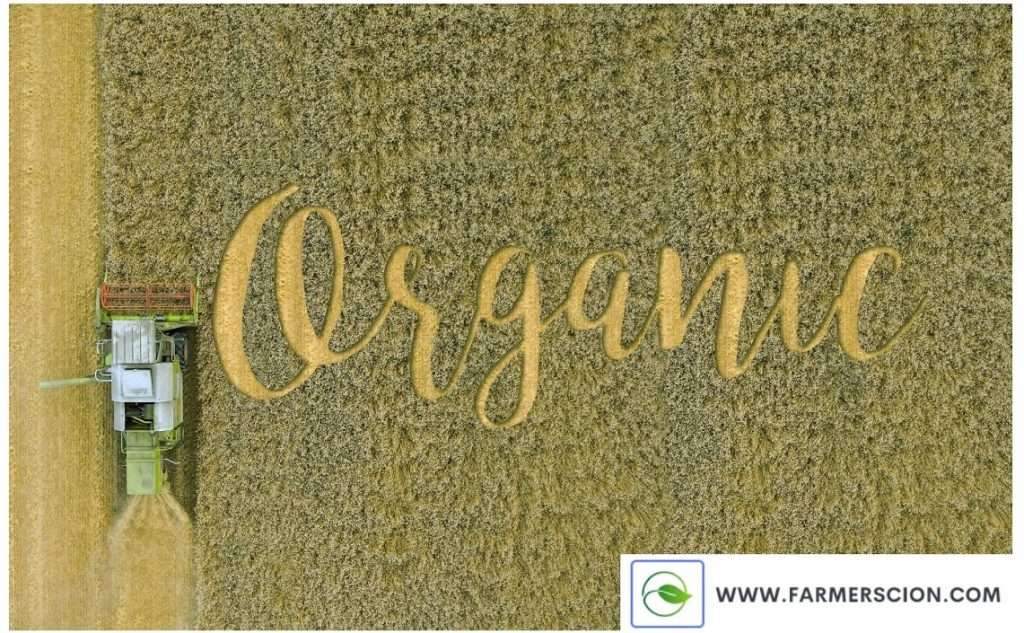
The corona epidemic has given us the wisdom to take proper care of proper food and health. That is why people are now turning to organic farming and getting the right information about it. Research has shown that in the last 20 years, the cultivation of organic farming has increased from 15 million hectares to 71.5 million hectares, which is five times more.
The history of organic farming is very interesting. Agriculture in the Indian subcontinent is 9000 BCE old. Sir Albert Howard is known as the father of organic agriculture. But in the Indian Assembly, Shri. Subhash Palekar is being considered. This is a very big and different topic; we will talk about it later.
What is organic farming?
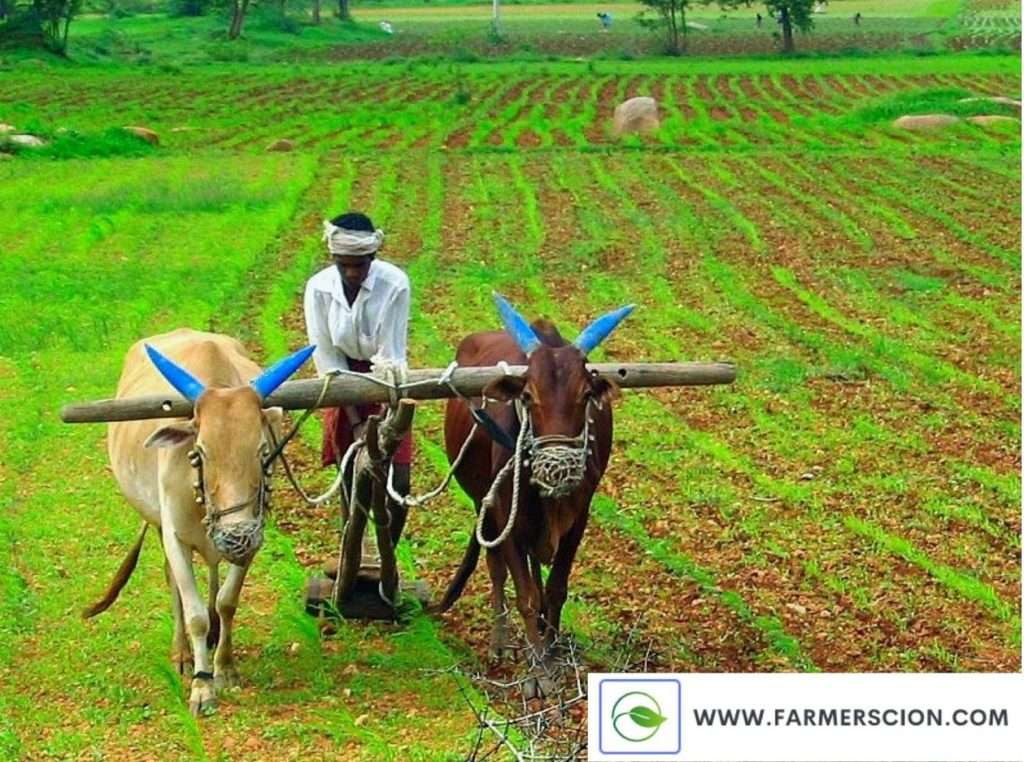
Organic farming definition, in which farming has relied entirely on organic fertilizers such as compost manure, vermicompost, dung manure, crop rotation, crop residues, nutrient mobilization, off-farm organic waste, and biochemicals.
OR
Organic farming definition, in which synthetic inputs such as fertilizers, pesticides, hormones, feed additives are completely depleted in agriculture.
Conversely, conventional farming became popular between 1940 and 1970. Conventional farming, which is a new and preferred agriculture system, is also called industrial agriculture. Fertilizers, hormones, pesticides are widely used in conventional farming to keep crop fences and pesticides away.
According to the FIBL report, a total area of 71.5 million hectares has been managed worldwide. According to 186 countries, the number of organic producers is approximately 2.8 million. India keeps their position at one as the country with the largest number of producers, afterward Uganda and Ethiopia.
Which method is best for farming? Organic farming or conventional farming is a controversial issue. There can be a good debate on this. And I will debate in favor of natural farming because I have experienced this. Over the years, we have been adding chemicals to the crop and soil for better results, and even though we have been affected, the yield has been declining over time. We went to the agronomist to review it, and we did the soil test as per their instructions.
And here we come across some surprising things. Soil tests showed that the quality of the soil had deteriorated. The available nutrients in it were gone. Frequent use of pesticides and fertilizers had rendered the soil up to 2 feet. I am not saying that chemical farming is completely wrong. But if you use it regularly and excessively, your losses will be fixed.
Types of organic farming
Organic farming is divided into two parts.
1) Pure Organic Farming.
2) Integrated Organic Farming.
1) Pure organic farming
Pure organic farming is a rare and difficult agriculture system because natural waste is mainly used in it, like food waste, organic waste, manure, bio-fertilizer, animal manure, human waste, crop cultivation, sewage.
2) Integrated Organic Farming
Integrated organic farming is a form of organic farming that combines excellent organic farming with nutrient management and integrated pest management. In this type of farming, growers grow crops using natural resources as they practice pure organic farming. However, they will use additional information to increase their nutritional value and protect crops from pests.
Benefits of organic farming
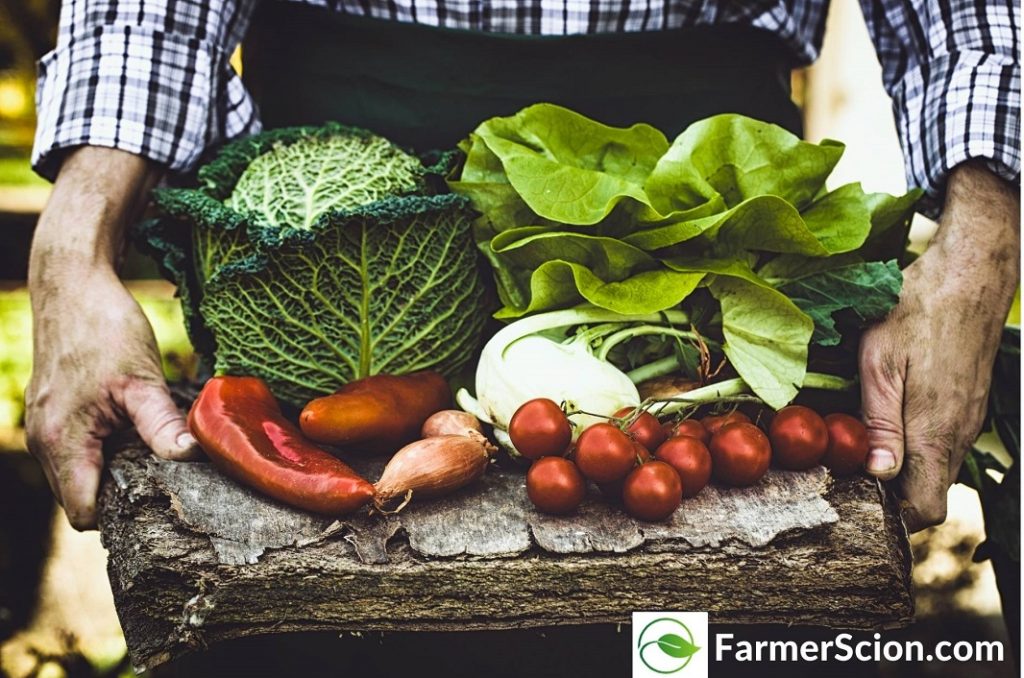
There are vast benefits of organic farming in terms of health and a healthy environment or soil. Organic farming will benefit in every aspect of life like from the promotion of bio-diversity to preserving the culture of agriculture. There are still many more benefits of organic farming as follows.
1. Benefit on Environment
- Less use of Pesticides and Chemicals
Pesticides make it possible for infection immunity to accumulate in weeds, plants, plant-eating insects, parasites, and microorganisms.
Pesticide Mixtures and chemicals sprayed on plants pollute the soil, drinking water source, and atmosphere. Sometimes these dangerous pesticides stay in for many years (probably more ).
Unnatural chemicals additionally prevent bright farming techniques like cover crops and crop rotation, which subsequently can cause additional detrimental environmental issues like erosion.
- Organic farming helps to keep soil in a healthy condition
To cultivate nutritious foodstuff, you should focus on healthy soil. In the event you cure the soil using pesticides and composites, you can find yourself with soil that cannot flourish by itself. All-natural farming techniques are much superior to chemical soil administration.
As stated by Dr. Elaine Ingham, only 1 tsp of compost-rich organic soil could sponsor as much as 600 million to 1billion bacteria that are helpful from 15,000 species. Ingham notes on the reverse side, 1 tsp of soil treated with chemicals can continue as much as one hundred helpful bacteria.
2. Combatting Erosion
Organic farming helps increase the nutritious soil and can help combat serious soil problems, for example, erosion.
A great review comparing adjacent all-natural and treated wheat areas revealed the organic field comprised eight inches of topsoil compared to the treated field and had just twenty-one of the erosion reduction.
For those who are not worried about erosion, you ought to be. Erosion problems are very acute, impacting the property, food distribution, along even also human beings. But, organic farming methods can help prevent erosion from happening.
3. Helping Within the Struggle against Climate Change
Natural or organic farming lowers non-renewable energy, as it avoids using chemical fertilizers and pesticides that require considerable quantities of fossil fuel to create. Natural and organic farming also contributes much more additional carbon into the ground, which reduces the greenhouse effect and worldwide warming.
4. No use of Pesticides
Various illnesses can occur to the human body if we eat chemical pesticide food to name them like cancer, low digestion function, headaches, and Attention deficit hyperactivity disorder (ADHD), and low birth rates. Organic foods are free from pesticides, and for that one reason, they are preferable for a healthy body. Though pesticides help keep insects away from the plants, they come with a compound such as an organ phosphorus.
These are the chemicals made from mineral compounds that bring several health-related issues to the human body. Organ phosphorus, for example, is related to various developmental issues like ADHD and disease. Hence, organic foodstuff services and products provide a far superior healthy life, particularly for kids that are probably influenced by the pesticide in their development growth.
5. Gives a boost to immunity system
The traditional or latest industrial farming techniques aim to increase production by all means. As an example, to produce more cereals means you need more production of wheat. If growth hormones can all the food problems in the world, then why should they not be used? I will answer this at some point. However, in the long term, they will create a lot of health issues in the future. It is just a matter of time for people to know about decreasing the immunity system.
Organic food helps to reduce the risk of decreasing the immunity system. Organic food has many vitamins and minerals, which help increase the immunity system and keep your body healthy and disease-free.
6. Poison free organic products
As per the name, organic products are free from any chemicals and minerals. To keep away the insects and protect the corps, they prepare a natural ingredient mixture to keep away insects. Aspects like biomagnification are diminished by way of farming as compound dyes, pesticides, insecticides, and synthetic herbicides are wholly banned within an organic farm. Organic foods are without any contamination of health-damaging chemical compounds.
7. Overall Health benefit
As we discussed above, organic farming is free from chemical pesticides or fertilizers; it is free from toxic chemicals and may not affect human health. Using all-natural methods like green manure to filter the soils and harvest spinning in pest and disease management perfectly nicely generates healthier, fitter, and smellier foods. Thus healthy food means a healthy life and a better human.
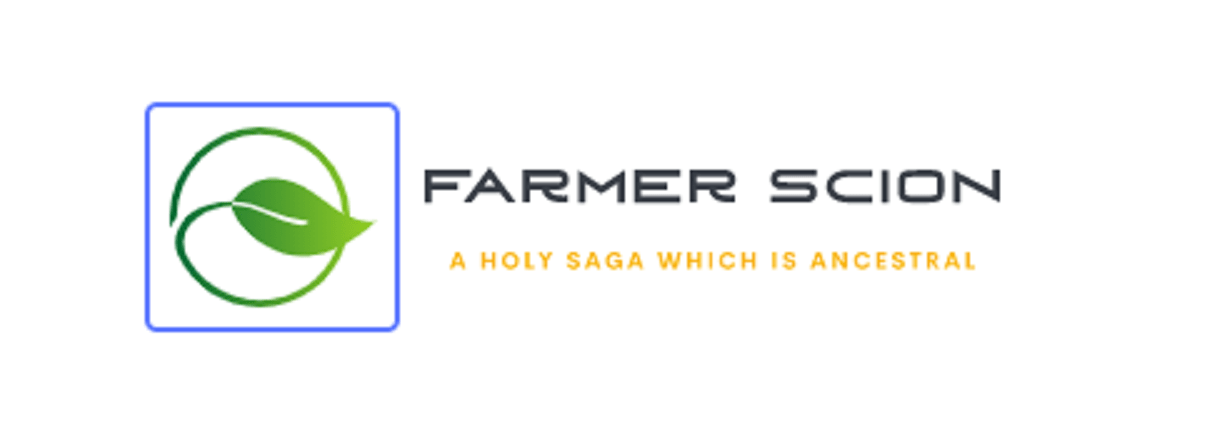
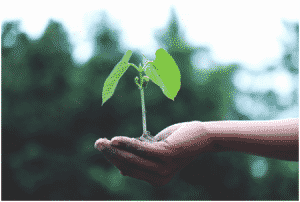
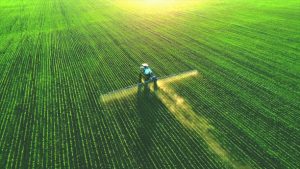
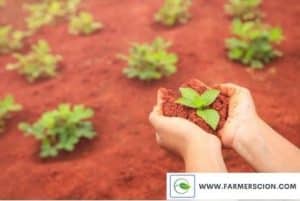

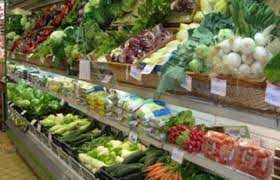

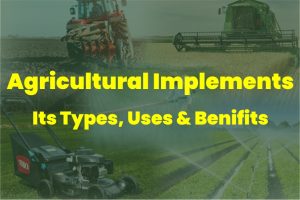
This is a very good tip particularly to those new to the blogosphere.
Brief but very accurate information… Thanks for sharing this
one. A must read post!